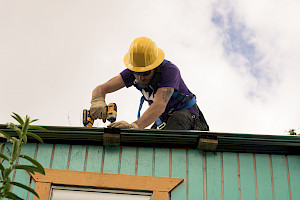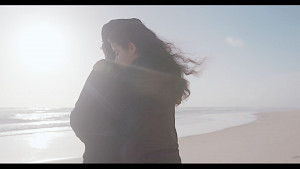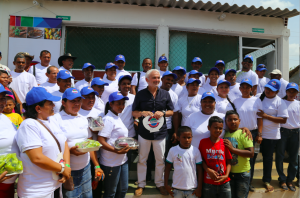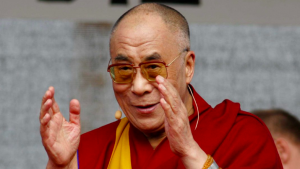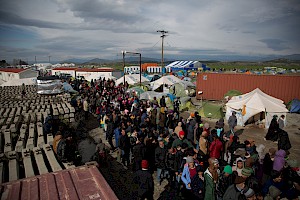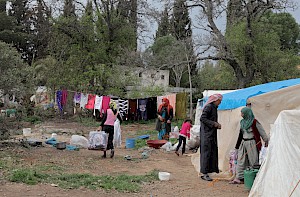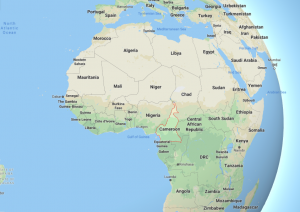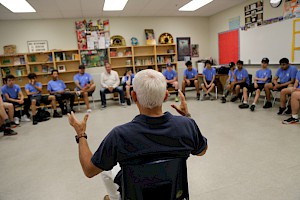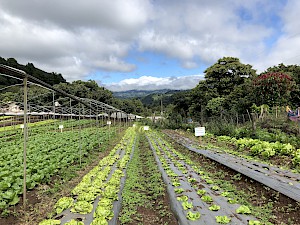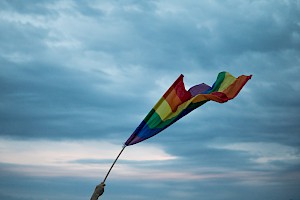A Truly Canadian Welcome for 5 Refugee Families
February 13, 2019Earlier this week, I was lucky enough to share a quintessentially Canadian experience with five families new to Canada. We travelled through a rare Vancouver snowfall to meet at Rogers Arena, watch a hockey game, and share some food with hopes of getting to know each other a bit. Language barriers were broken by interpreters, and we found common ground in our shared lack of general hockey knowledge.
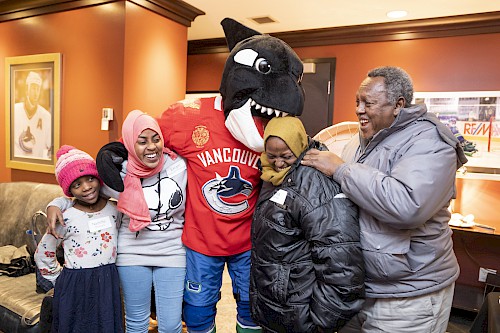
But as much as it was an evening of celebration and fun, there were small indicators throughout that reminded me of the magnitude of what these families endured before arriving in Vancouver. Originally from South Sudan, Iran and the Democratic Republic of Congo, the families fled their homelands due to war, violence, and injustice. Many of the children in the room were born in refugee camps and, until arriving in Canada, had never lived in anything but mud huts or tents. Food was often scarce. Basic sanitation and drinking water were not always available. Life was unpredictable, precarious, unstable.
So it was hardly surprising when a woman named Betty was visibly startled as Fin, the Canucks mascot, came into the room loudly banging a drum. Betty fled the DRC after a bomb killed her father while he sat across from her at their dining-room table. That horrific incident was only one of several reasons she left, she said, not wanting to elaborate any further as her 15-year-old daughter sat next to her enjoying the energy of the game.
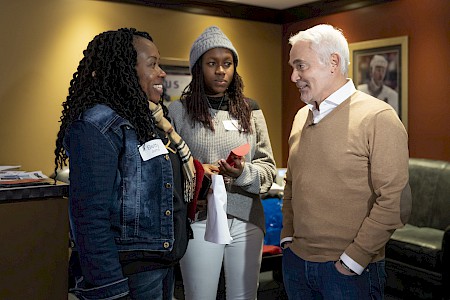
It was also not surprising to see the excitement elicited by the food laid out for Monday’s event: hot dogs, fries, sushi, salads, vegetables, chips and dips. It was a good spread. But as I watched 8-year-old Nadette return with her plate again and again – with focus and determination – it became clear she had likely never come across such abundance before. Fresh yellow peppers, cucumbers, chicken fingers and popcorn were piled high on her plate as she carried it carefully to make sure not a morsel was wasted. It was undoubtedly a stark contrast to the meals she had known in the Tanzanian refugee camp where she lived her entire life before coming here.
The process to get to Canada was long and complex for Betty, Nadette, and the others who joined us on Monday night. All of them were identified by the UNHCR through a Canadian resettlement stream called “Blended Visa Office Referred” or BVOR. They, along with about 650 other refugees, were able to settle in 49 Canadian communities in the second half of 2018 after a handful of donors – including my foundation – committed nearly $3.5 million toward their settlement costs. Families, church groups and neighbourhood groups then stepped up to welcome the refugees, helping them find housing, connecting them to English classes and schools, and acting as hosts while they navigate a new culture and a new city.
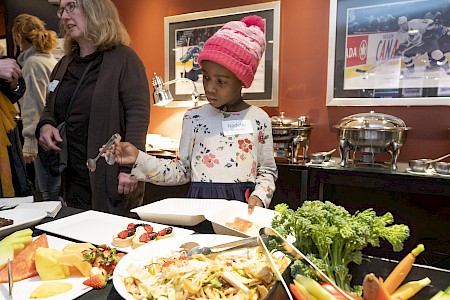
The families arrived in November or December. They haven’t been here long, but they are determined to speak English. The kids have been placed in schools, joining classes filled with English-speaking students. Most of the parents attend English classes four afternoons a week, making it difficult to work. But with rents as high as they are in Vancouver and the surrounding suburbs, most of the families’ monthly subsidies barely cover housing costs, making work essential.
None of these are small challenges. They are significant and could easily seem overwhelming. But I’d like to think that because we live in a peaceful country – with systems in place to help those who are struggling, and basic education for those who need it – perhaps these challenges don’t seem unmanageable. Perhaps, in time, Betty and the others will find work, community, and a sense of security, stability and freedom that so many Canadian newcomers before them have found.
The combined effort of everyone who helped bring Betty, her family, and all the refugees and immigrants who came to Canada before them is nothing short of remarkable. The spirit of cooperation and generosity in welcoming people from around the world makes me so very proud to be Canadian.

